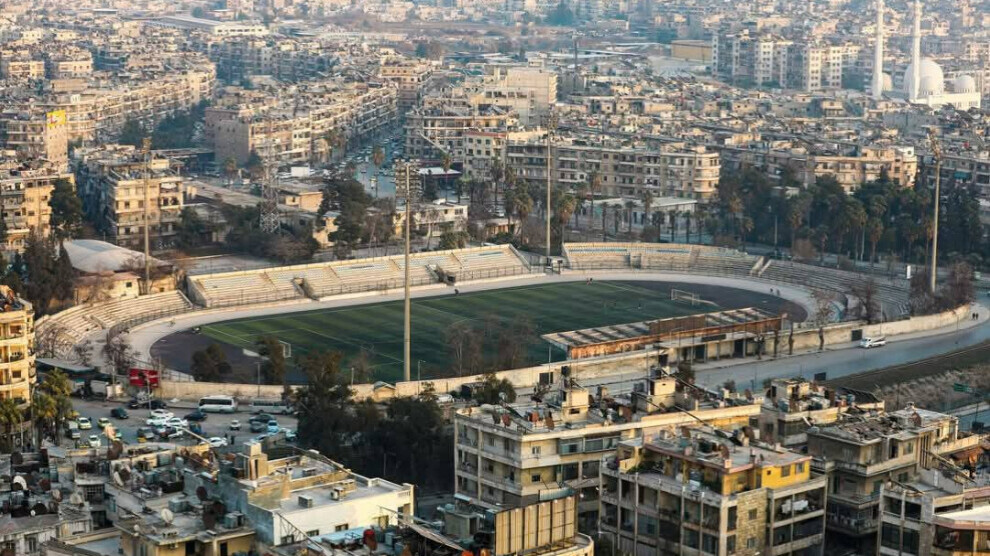Women of Aleppo suffer from poor quality health services, high healthcare costs
Hala Al-Abd is one of the women in Aleppo, facing difficult times due to poor quality health services and high healthcare costs in the city. She calls on the authorities and humanitarian aid organizations to support them.

GUFRAN AL-HABIS
Aleppo- Women in Syria’s Aleppo city suffer from poor quality health services and high healthcare costs in the city. Going to hospitals, health centers and doctors have become a nightmare for them. In the city, people have suffered from poor quality health services for years; however, the lack of adequate support and the collapse of the health services have been aggravating their suffering. This situation poses a threat to especially pregnant women and those who suffer from chronic diseases.
In an interview with NuJINHA, Hala Al-Abd, mother of five, complained about high costs of living.
“When I open my eyes every morning, in the extreme cold, I hear my children coughing,” she told us. “My children get sick one after another and I cannot do anything. My youngest child has been coughing for weeks. One of my daughters has suffered from abdominal pain; however, I do not have the money to take them to a hospital.”
Another daughter of Hala Al-Abd suffered from her skin itches. Hala Al-Abd took her to a health center. “She suffered from her skin itches for a week. I tried to treat her at home. One day, her scream woke me up. She was crying in pain. Although I had no money, I decided to take her to the only health center in the region. I carried her on my shoulder for hours, trying to ease her pain. When we arrived at the health center, I saw many people waiting in lines. We could see the doctor after waiting for hours. The doctor gave me a prescription; however, I did not have money to buy her medications. Then, I sat by the side of the road and felt like a mother who could not protect her children.”
Speaking about the deteriorating health system in the country, Hala Al-Abd said, “I had to carry my daughter on my shoulder for hours to go to the health center. The health center is always overcrowded and has no medical equipment to treat patients. It also lacks basic hygiene services.”
Hala Al-Abd concluded her speech by calling on the authorities and humanitarian aid organizations to support them. “As mothers, we struggle to survive despite everything; however, our children are sick and we cannot afford their medications. We demand quality health services and low healthcare costs.”
